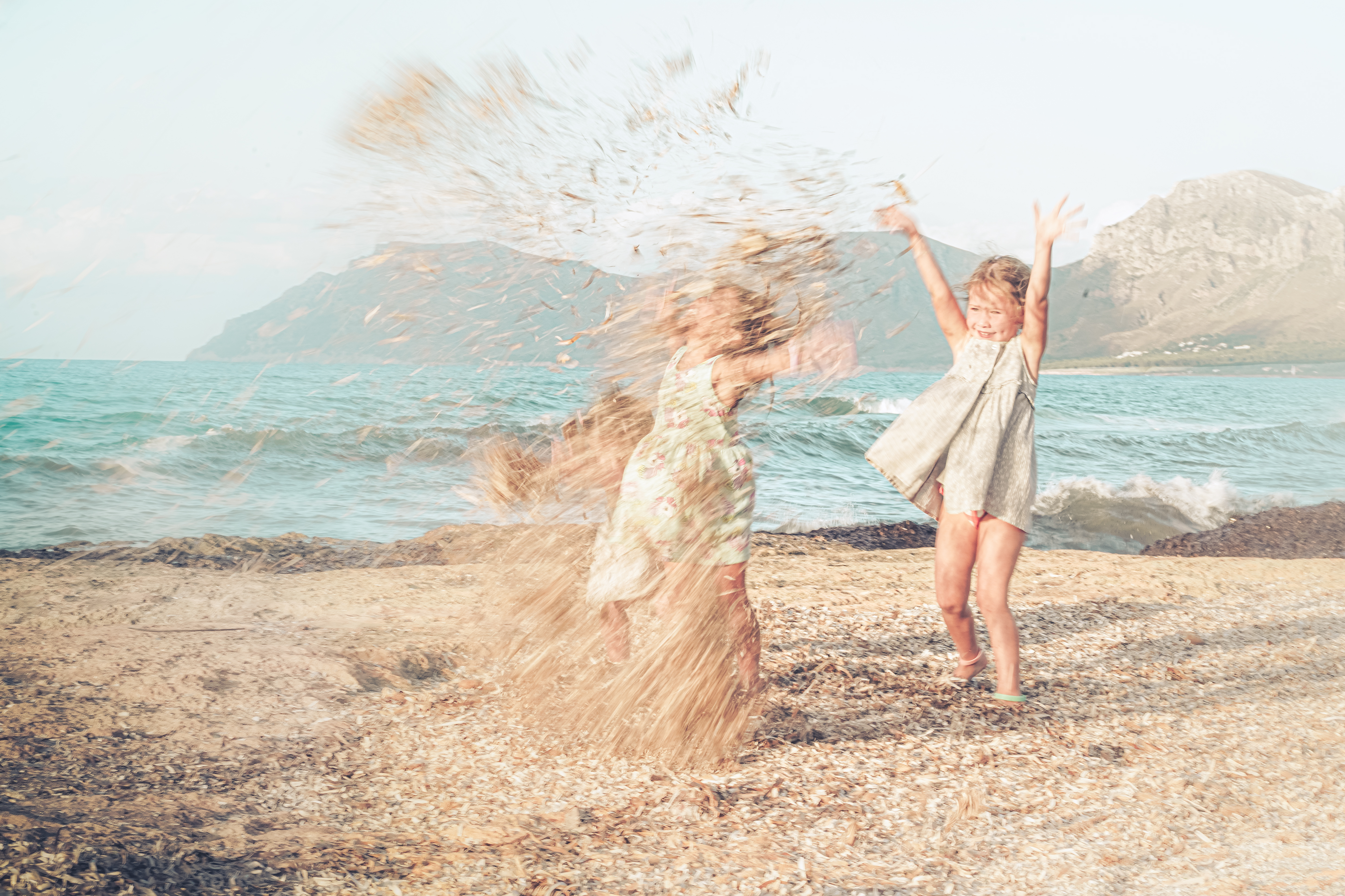Global cuts in emissions and unprecedented adaptation are needed to avoid the worst impacts of the climate crisis. Science has fewer exact figures on the loss of biodiversity, but what is widely acknowledged is that the state of nature in Europe and in the world is every bit as alarming as the rising temperatures.
The climate and biodiversity crises are also linked in numerous ways. Perhaps most importantly, both are ultimately caused by unsustainable systems of production and consumption, including how much and how we extract and use energy.
EEA Signals 2022 takes a broad look at energy and sustainability in a Europe that is recovering from the COVID-19 pandemic, faced with a war in Ukraine and committed to ambitious goals on protecting the climate, nature and people’s health.
Russia’s invasion of Ukraine has not changed the reality of the climate crisis or degradation of nature, but it has added another dimension to Europe’s efforts to make our energy system more sustainable.
Reducing our dependency on fossil fuels is the red thread in reducing greenhouse gas emissions, and it is now clear that it is also the path towards greater energy security. Russia is using fossil fuels, especially gas, to threaten and test Europe in a way that would not be possible in an energy system that relies mostly on a strong European network of domestic, interconnected renewable sources.
Building a sustainable energy system for Europe requires time, and the decisions that we take now will define our options for decades to come. This is especially true for expensive energy infrastructure. Given the current circumstances, Europe needs to react quickly but also in the right direction to avoid lock-ins on solutions that are not compatible with what we want to hand over to future generations.
Saving energy is something we all can do right now. Turning down thermostats, insulating homes, using less warm water, shifting to greener transport modes — many of these well-known actions are needed across Europe and will deliver immediate benefits. Saved energy will always be the cleanest and cheapest energy, and it will help us all through the upcoming winter, together.
European countries and citizens have shown tremendous solidarity with Ukraine and within the EU. Such solidarity, and much more, is needed in the coming months, years and probably decades. This winter, high energy costs are hurting many European households, especially those that already struggle to meet their basic needs. The worsening impacts of climate change are also often felt most by those who are already vulnerable. These burdens must be shared and shouldered with solidarity.

Also globally, the worst impacts of climate change will mostly be felt in regions that have contributed least to the problem and that have the least resources for adaptation. And we must be fair to future generations. The notion of intergenerational justice requires us to care for the opportunities and safety of those who follow us.
© Esther Castillo, Well with Nature /EEA
In the midst of multiple crises it would be easy to lose hope. But the big challenges of this century are created by humans and they can be solved by humans. Indeed, the solutions already exist and must be put to use now. New technology can accelerate progress, but waiting for it is no longer a viable option. Inaction is increasingly costly and unethical.
The urgency of taking action does not mean that we have to give up on the fundamentals of how we make decisions and set our common goals. The European Green Deal is evidence that the necessary policies can be put in place through a fully democratic process.
When given the opportunity, citizens will support policies that are bold, fair and offer the prospect of a much safer future for all. Citizens should be fully engaged. If anything, the complexity of our challenges requires more engagement, more dialogue and better consideration of the different realities people live in.
When I joined the EEA, almost 10 years ago, there were goals on climate and biodiversity mainly until 2020. During the past years, Europe, with the European Green Deal, has decidedly set the long-term course towards achieving a better, fairer, and more sustainable future.
What is now needed is to stay on that course and move forward with a clear determination to realise this agenda while protecting and even strengthening the ‘European Model’, which is based on democratic values, rule of law, and a social model that cares about well-being for all.

Hans Bruyninckx
EEA Executive Director


Document Actions
Share with others